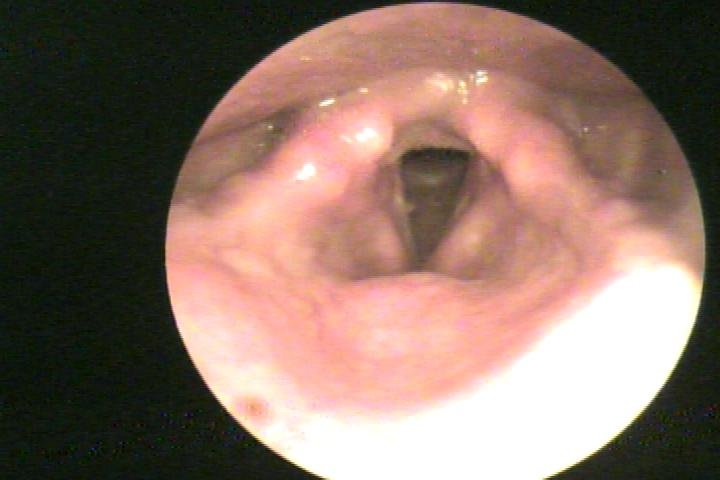Relation between Silent Reflux and Dry Cough
Dry cough can be a troublesome and uncomfortable symptom to deal with. While there are many causes, one of the lesser known yet common causes is gastroesophageal reflux disease (GERD). GERD is a chronic condition in which stomach acid flows back up into the esophagus, causing irritation and inflammation that is often misdiagnosed as a respiratory issue.
Tips to help prevent this:
Avoid trigger foods: Certain foods can trigger GERD symptoms, including spicy foods, citrus fruits, tomatoes, and chocolate. Avoiding these trigger foods can help prevent GERD symptoms and the associated symptom.
Eat smaller meals: Eating smaller meals more frequently can help prevent GERD symptoms by reducing pressure on the stomach.
Don’t lie down after eating: Waiting at least two hours after eating before lying down can help prevent stomach acid from flowing back up into the esophagus.
Lose weight: Excess weight can put pressure on the stomach and increase the risk of GERD. Losing weight can help reduce GERD symptoms.
Elevate your head while sleeping: Sleeping with your head elevated can help prevent stomach acid from flowing back up into the esophagus and causing irritation.
Quit smoking: Smoking can increase the risk of GERD and worsen GERD symptoms. Quitting smoking can help prevent the GERD cough and improve overall health.
In addition to these lifestyle changes, there are also medications that can help prevent the GERD cough. Your doctor can help determine the best course of treatment for your individual needs.
In conclusion, the GERD is a common but often overlooked cause of dry cough. By making lifestyle changes and seeking appropriate medical treatment, it’s possible to prevent the GERD and its associated problems.


Recent Comments